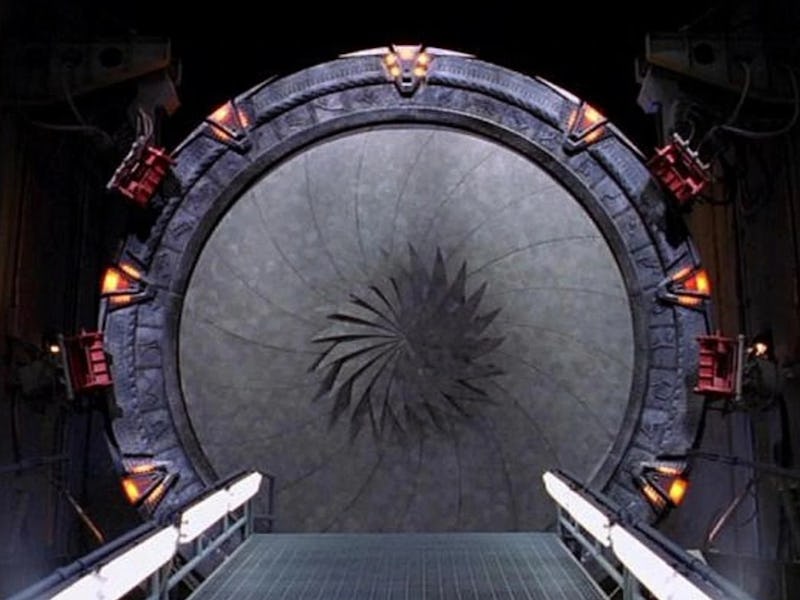25 years ago, a stellar sci-fi show saved a broken franchise — and changed TV history
The most successful reboot in science fiction history isn’t what you expect.

Ancient aliens are a little annoying. To pretend that everything interesting from history was actually the result of meddling aliens is not only the fodder for bizarre conspiracy theories but also a played-out sci-fi trope — not to mention offensive!
The 1994 film Stargate is the poster child for why someone might roll their eyes at ancient aliens. It’s not a great film. And yet the existence of Stargate paved the way for the TV series Stargate: SG-1, which 25 years ago proved that a reboot of a mediocre sci-fi movie can not only work — it can be great.
Calling Stargate: SG-1 a reboot is technically incorrect. Even though three years had passed since the film, SG-1 is set in the same canon as Kurt Russell and James Spader’s ill-conceived adventures. The ancient alien technology of the Stargates was therefore already discovered, allowing the TV show to dive right into its weekly adventures.
And while the first Stargate did decently at the box office in 1994, it was a critical failure. To spin a TV show off from it — let alone a good one — was unusual. Imagine if The Scorpion King 2: Rise of a Warrior wasn’t a straight-to-DVD movie but somehow a successful TV show. Or if the very bad straight-to-video Starship Troopers sequels were instead weekly adventures. A TV sequel emerging several years after a movie, much less a TV sequel that’s good, was not a common occurrence.
To further up the ante, the fact that SG-1 put Richard Dean Anderson in the starring role of Jack O’Neil is bananas. Not because he’s not a good actor, but because in 1997 it was hard for most viewers to not associate him with his most famous role ever, MacGyver. A few years later, Enterprise would try to pull the same trick by casting Scott Bakula fresh off his time on Quantum Leap, but Stargate’s casting worked in a way that putting Bakula in a Trek prequel arguably didn’t.
Today, Anderson is probably just as famous for Stargate as he is for MacGyver. And, despite living in the shadow of other sci-fi franchises, the Stargate universe proved to be a star-maker. The spinoff series Stargate: Atlantis launched the sci-fi and fantasy career of Jason Momoa, meaning DC, Game of Thrones, and Dune all owe Stargate a debt of gratitude. (Be careful, though. If you connect the dots from the 1994 Stargate movie to Aquaman’s current career, madness may ensue.)
The cast of Stargate: SG-1.
So it’s amazing that Stargate: SG-1 exists. But 25 years later, why should you watch it? Aren’t ancient alien arcs still a little silly? Well, yes, but other than Babylon 5 and the latter seasons of Deep Space Nine, no show was doing ambitious serialized sci-fi TV quite like this. The late 1990s are often credited with the invention of modern TV, insofar as standalone stories in big shows were slowly getting replaced by interconnected epics, like The Sopranos. It would be wrong to call Stargate: SG-1 the Sopranos of ‘90s sci-fi, but it wouldn’t be far off either.
It’s a show that took big risks with complex, season-long stories. It’s a show that created its own internal continuity, which led to a popular shared universe. And best of all, it's a “star” franchise that’s nothing like Star Trek or Star Wars. Today, aspects of Stargate: SG-1 might seem quaint, but there’s no way modern sci-fi TV gets to where were are now if the genre hadn’t traveled through the Stargate first.
Stargate: SG-1 is streaming on Netflix.
This article was originally published on